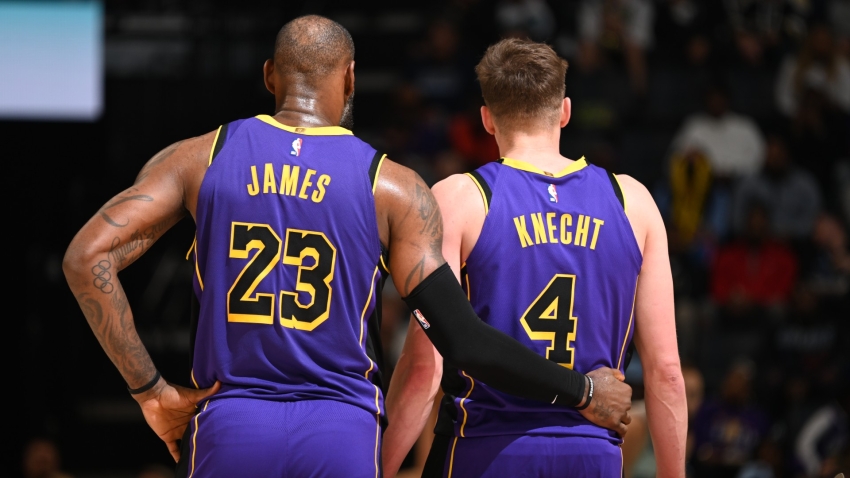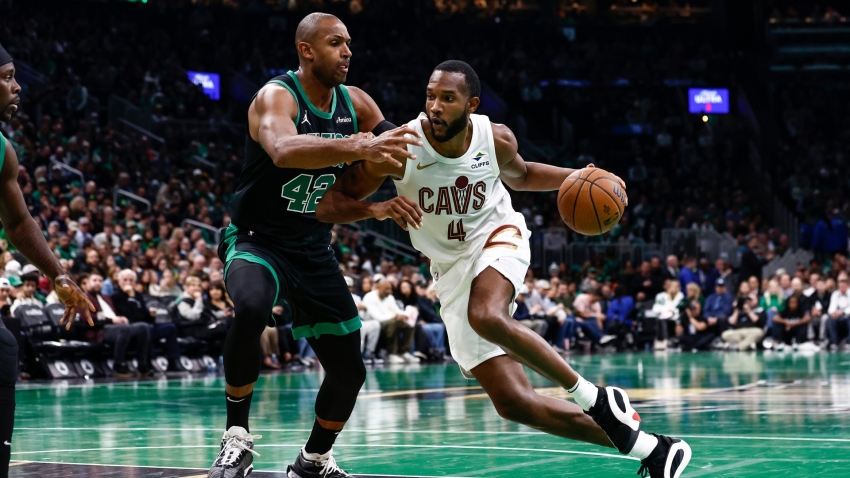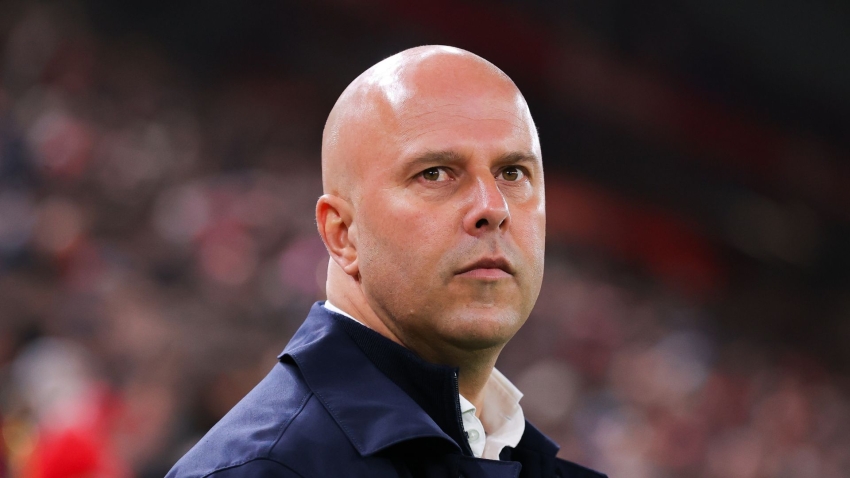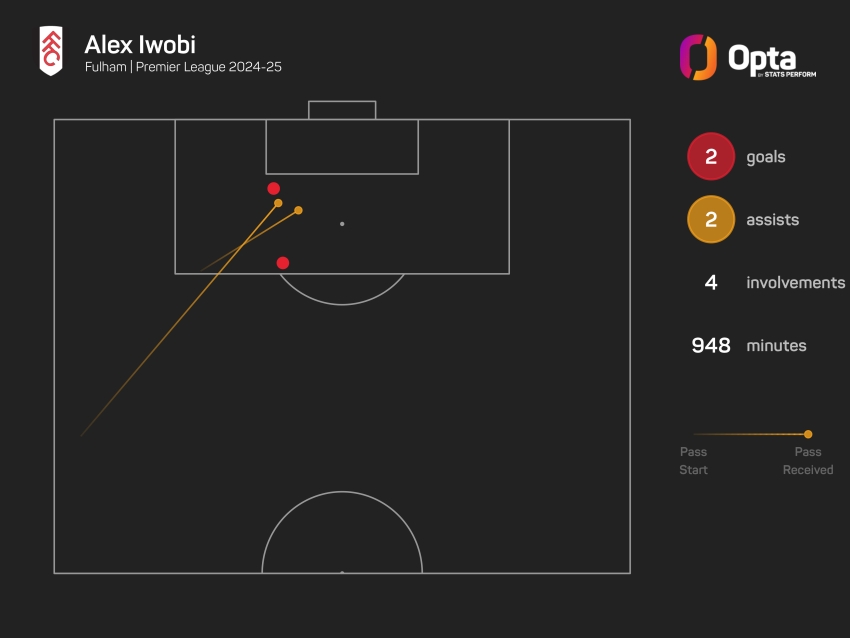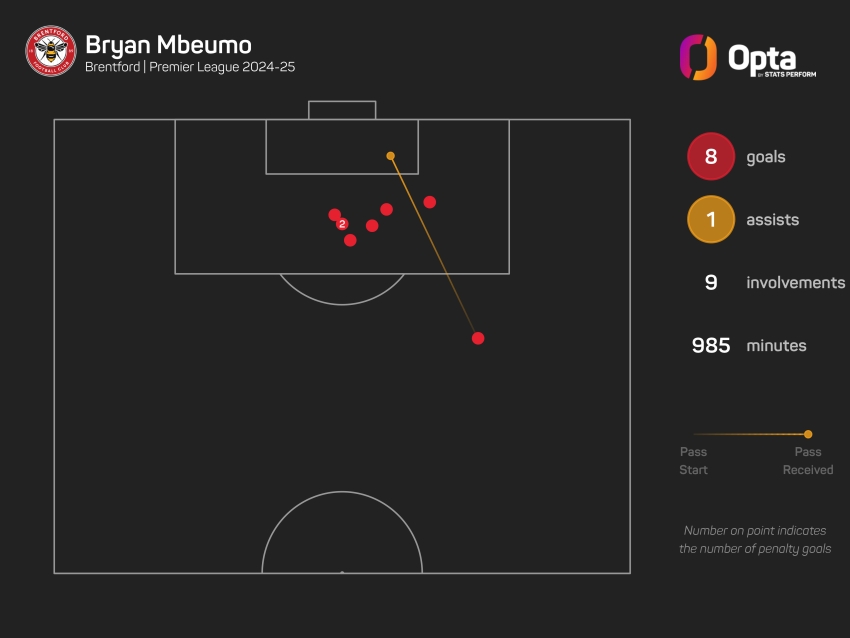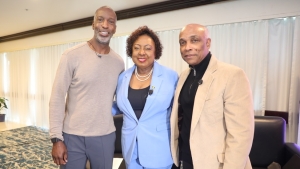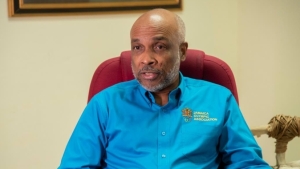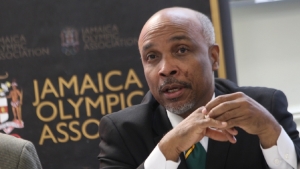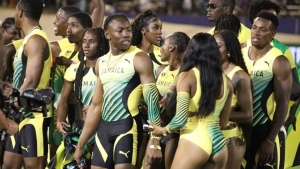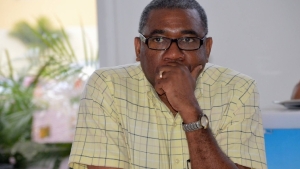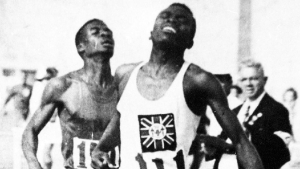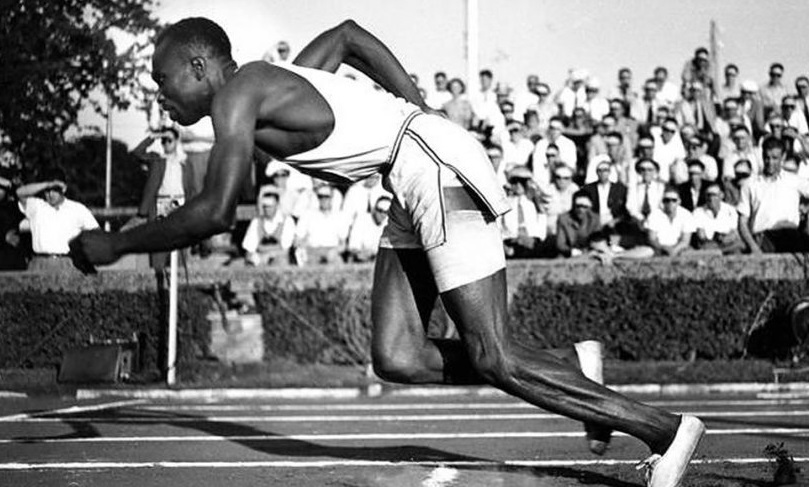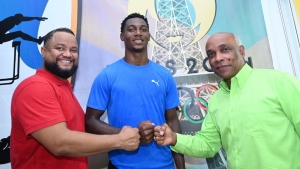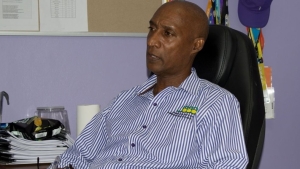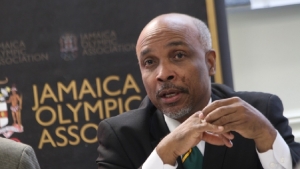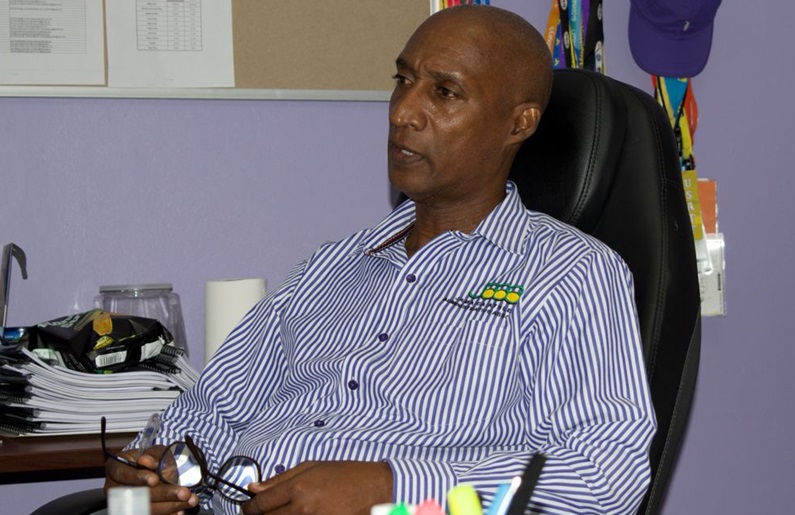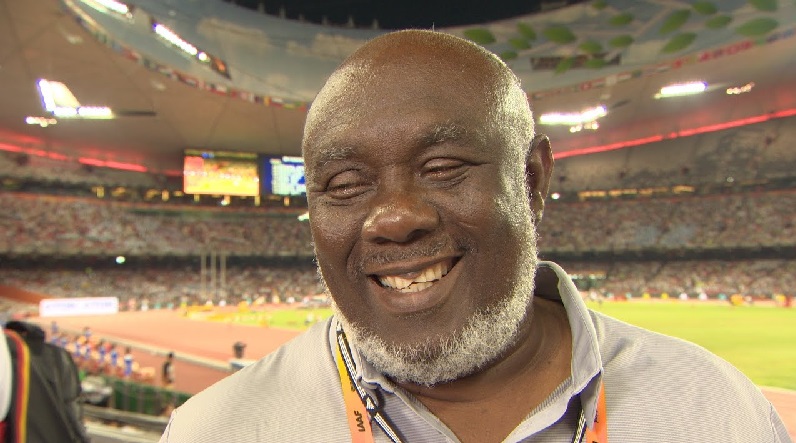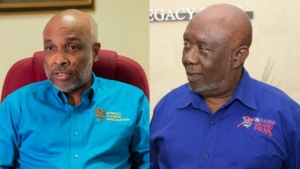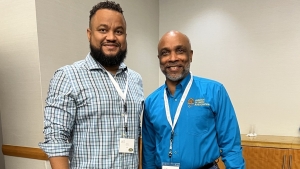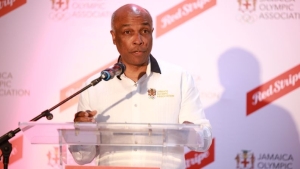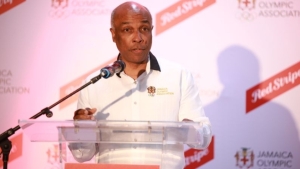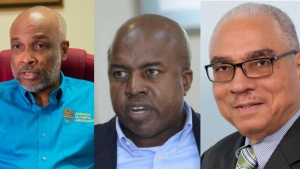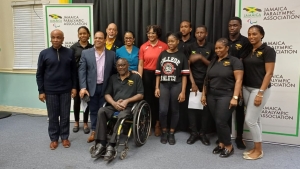Jamaica Athletics Administration Association (JAAA) president Garth Gayle has again waved the proverbial white flag as he made an impassioned plea for dialogue with the Jamaica Olympic Association (JOA) to amicably resolve their differences ahead of this summer’s Paris Olympic Games.
While it seems some tension was brewing between to two sporting bodies, things came to a head on Monday, when veteran track and field coach Glen Mills lashed JOA for its decision to limit JAAA to 14 team officials, as opposed to the 17 that was requested.
Mills didn’t hold any punches, as he tore into the JOA about the allotment which he cited as woefully inadequate given that the country is expected to field at least 60 track and field athletes at the global multi-sport showpiece.
“I have been to nine Olympics. It is a disgrace that you have to be fighting to get the required number of coaches, the required number of therapists and doctors to go with an Olympic team that is probably rated number two or three in the world,” Mills said.
“I find it very unfortunate that track and field, and what it represents in the Olympic movement, not just in Jamaica but worldwide, along with Jamaica’s history (has come to this). We are not beggars, we have earned it,” he added.

JOA president Christopher Samuda.
The JOA has since responded and labeled Mills’ remarks as "unfortunate and ill-conceived.”
According to the JOA, it does not determine the number of officials for each sport. Instead, the Paris Organizing Committee of the Games uses a globally recognized team size formula based on the estimated number of athletes who qualify.
The Christopher Samuda-led JOA revealed that both the JAAA and Mills were aware of this process.
Still, Gayle, while maintaining that the JAAA’s request for 17 team officials is reasonable, appealed for good sense to prevail between both parties, as his administration is open and willing to sit down and iron out the issues.
“Each Olympic there is what is referred to as a technical manual, we are yet to receive a technical manual from the Jamaica Olympic Association. In the past we would have already received it as that is one of the things by which we could clearly state what is the expectation. In that document would also be team calculated…we would have asked for that, but based on our investigation and how we would have conducted our business over the years, we know that what we have asked for is more than reasonable,” Gayle said during a press conference to renew a partnership with Supreme Ventures at JAAA’s offices on Wednesday.
He continued: “As we cement our partnership with Supreme Ventures, we want to return to those days when we sit and work amicably with the Jamaica Olympic Association. I think we need to stop sending letters, but rather sit down and discuss (things), because they as the governing body for the Olympics have all this information. So rather than us being at loggerhead, let us sit down and reason and carefully calculate the thing because we are sure that our numbers for the Olympics will be a large number, it always has been and we don't see it changing.

Glen Mills blasted the JOA for restricting the JAAA's numbers.
“So all we are asking for is dialogue. Let today mark my appeal for members of the JOA to meet with us to discuss this matter amicably. We have a team size that is more than reasonable and we believe that we are in the right to ask for our officials to properly take care of our athletes in Paris that is all we are asking for.”
Another bitter issue between the two associations surrounds a pre-Olympic Camp scheduled to be hosted in Stuttgart, Germany. This has the JOA chided the JAAA for negotiating the camp without its prior knowledge or approval.
However, Gayle pointed out that the decision to make their own arrangements was made after numerous failed attempts to secure the camp through the JOA.
“We have reached out on several occasions to the Jamaica Olympic Association seeking dialogue, so it would be remiss of us to know that other countries are putting together training camps and we the governing athletics body have not done so,” Gayle explained.
“And so it is in keeping with a tradition that we have sought a meeting, more than once, we did not get that. So we could not have sat back and not do anything, we would have been derelict in our duties, so we naturally moved on and sought appropriate accommodation for training of our athletes following the National Championships,” he added.




